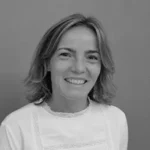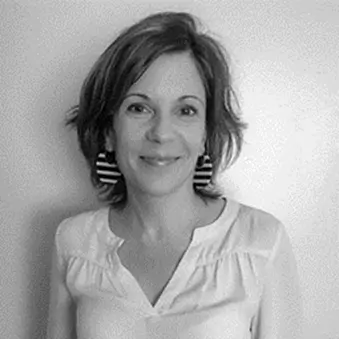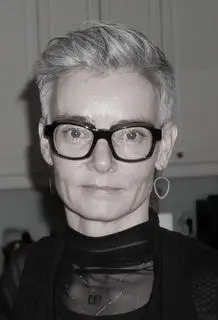Women in science: Dr Elena CUOCO
In honour of the International Day of Women and Girls in Science on February 11th, we will be sharing six interviews from COST Action researchers about their career experiences.
Women are still under-represented in research and innovation careers according to the European Commission’s She Figures 2021 report. Since 2003, the report monitors the level of progress towards gender equality in research and innovation in the European Union and beyond.
A significant gender gap persists at all levels of science, technology, engineering, and mathematics (STEM) disciplines despite the fact that women represent half of the world’s population.
To mark the International Day of Women and Girls in Science, COST interviewed women in key leadership positions within their COST Action network. What are their experiences, the challenges they have faced during their respective career? Why it matters to talk about women in science for the next generations. What message they would give to young women scientists in 2022.

Elena CUOCO chairs A network for Gravitational Waves, Geophysics and Machine Learning COST Action.
Dr Elena Cuoco is a physicist expert in signal processing, data analysis and machine learning. She is part of LIGO/Virgo collaboration since many years, contributing to data analysis of Gravitational Wave detectors. A breakthrough prize laureate in 2017.
My research has always focused on data processing. I have been particularly involved in noise characterisation for gravitational wave detectors, developing the algorithm for ‘whitening’ the data and focusing on the search for transient signals. Recently, I have specialised in the application of artificial intelligence techniques to astrophysical data related to gravitational wave research.
What made you choose to become a scientist and determine your discipline, field of research?
Curiosity. Since I was a child, I have always had a strong inclination for scientific subjects. I loved looking at the night sky and imagining the universe. My childhood dream was to become a scientist. I was attracted to everything that was science. I especially loved mathematics. I didn’t get into physics and astrophysics until high school, and it was then that I made the decision that I would become a physicist and study the universe.
Do you have a role model that led you to become a scientist?
Not really. When I was a student, I read a book by Robert Jungk on the dilemmas of nuclear scientists. I was fascinated by the period of Copenhagen School, by the physicists who created quantum mechanics. I admired the way they had revolutionised physics, with every brick falling into place thanks to the contribution of each of the great physicists of the time.
Did you meet barriers during your career as a woman scientist?
“I had to face choices and decisions that penalised my “career” because I also wanted to have a family and children and it was not easy to reconcile the two, to have support to travel or to spend time abroad”
In the end it was a path of compromise. It is important that women support women. I am committed to this with my colleagues.
Why do you think we are still having to talk about women in science?
Because, unfortunately, there is still the prejudice of considering scientific subjects only suitable for males. When I was studying physics, I had a professor who said that women’s minds were different from men’s, so they were less suited to science. Nothing could be further from the truth. It is necessary to make it clear that this difference was only grooved by social prejudices and that there is no reason why women cannot take this path.
What are the current challenges for women in science? What is the key to success in a career in science?
Fortunately, things are changing. There is a lot of focus on not penalising women and not putting them in a position to choose between family and career. I don’t like to talk about careers, I like to talk about passion. A scientific path is undertaken out of passion. And the real key to success is this: if you are having fun, if you are following your passion, that is the real key to success.
What would be your predictions in your field of research?
In the years to come, gravitational wave detectors will become increasingly sensitive, offering the possibility of greater understanding of the universe and also of new discoveries. Collaboration with other Astro particle detectors will be key to further advances in knowledge. I believe we will be able to detect the gravitational waves emitted by a supernova explosion in the next few decades. This could be a big step forward for astrophysics. I also think that artificial intelligence will be of great contribution. In particular, a multi-coral way of using artificial intelligence techniques will be the new tool for future scientists.
What message would you give to young women scientists?
Dream. Don’t be afraid to dream. Follow your dreams, your passion, get involved. Even if you sometimes feel frustrated that you have to do more than your male colleagues to get recognition, don’t feel different. Believe in yourself and in your intelligence and management skills. Passion will make everything lighter and more fun.
Read more interviews
Further Reading






